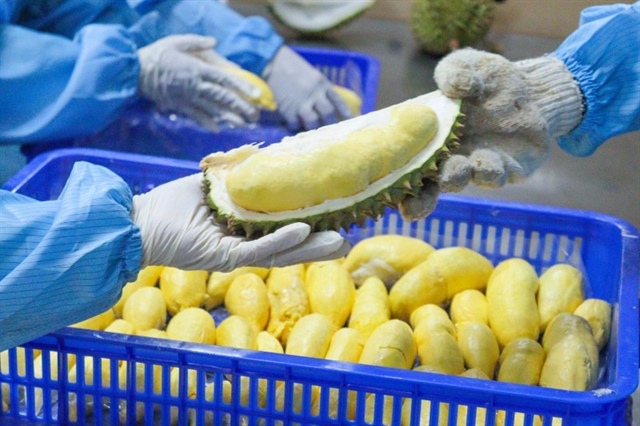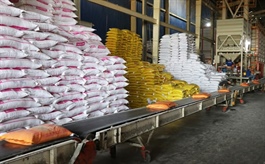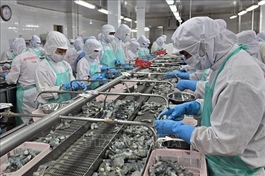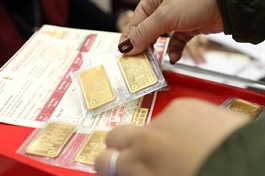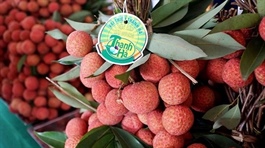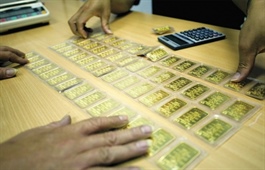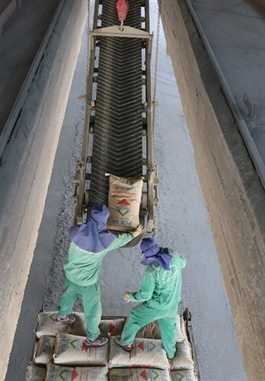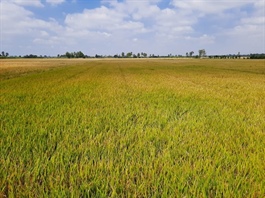Vietnam sets national standards to boost billion-dollar durian trade
Vietnam sets national standards to boost billion-dollar durian trade
Vietnam has issued its first national food safety monitoring process for fresh durian exports, aiming to tighten quality control and support the rising global demand for the high-value tropical fruit.
The Ministry of Agriculture and Environment released the food safety control process for fresh durian exports on August 4, marking the country’s first nationwide regulatory framework for a high-value agricultural product that generates billion-dollar export revenue annually.
|
Accordingly, all stakeholders along the durian value chain, from farming, harvesting, transportation, storage, and packaging to export, must adhere to the standardised procedures and are subject to monitoring by local regulatory authorities.
This new requirement aims to eliminate accountability gaps in cases where goods are rejected at destination ports.
The ministry mandates that all growing regions and packing facilities be inspected, monitored, assigned identification codes, and included in lists recognised by the importing countries.
Even if producers have obtained internationally recognised certifications such as VietGAP, GlobalGAP, HACCP, or ISO 22000, they must still undergo periodic assessments or sign written commitments subject to inspection.
For the first time, the responsibilities for post-harvest storage and transportation have also been formally defined.
Under the new rules, packing facilities are primarily responsible for inspecting and ensuring the safety conditions of all input materials.
Importantly, the document also outlines the official process for issuing food safety certificates for export-bound durian, a long-standing concern for many exporters.
If an importing market requires Vietnamese authorities to certify food safety compliance, the exporter must submit an application to the agency designated by the provincial People’s Committee for inspection and certification.
In cases where official certification is not mandatory, but compliance with specific food safety regulations is required, exporters must still register and obtain certification based on the standards of the destination market’s authorities.
If the importing country has no formal requirements, exporters should follow any stipulations requested by the buyer, if applicable.
Despite facing considerable challenges in the first half of 2025, Vietnam’s agricultural sector continues to show promising signs.
Total export turnover of agriculture, forestry, and fishery products during the period reached $33.84 billion, up 15.5 per cent on-year. A standout performer has been durian.
At a July press meeting of the Ministry of Agriculture and Environment, Huynh Tan Dat, director general of the Plant Protection Department, reported that Vietnam exported 5,217 shipments of fresh durian, totalling nearly 130,000 tonnes in the first half of 2025.
In particular, frozen durian shipments surged impressively, with 388 shipments, tripling the volume from the same period in 2024.
Dat, however, also issued a warning. “The recovery of fresh durian exports from Q3 of 2025, especially during the main harvest season from August to October, depends heavily on strict adherence to food safety standards. If violations continue, tighter import controls are highly likely.”
Last year, Vietnam’s fruit and vegetable exports hit a record $7.12 billion, up 27.1 per cent on-year. This growth reflects the tireless efforts of farmers, businesses, and state management agencies in improving product quality, expanding market access, and aligning production with stringent international standards.
- 17:51 05/08/2025


